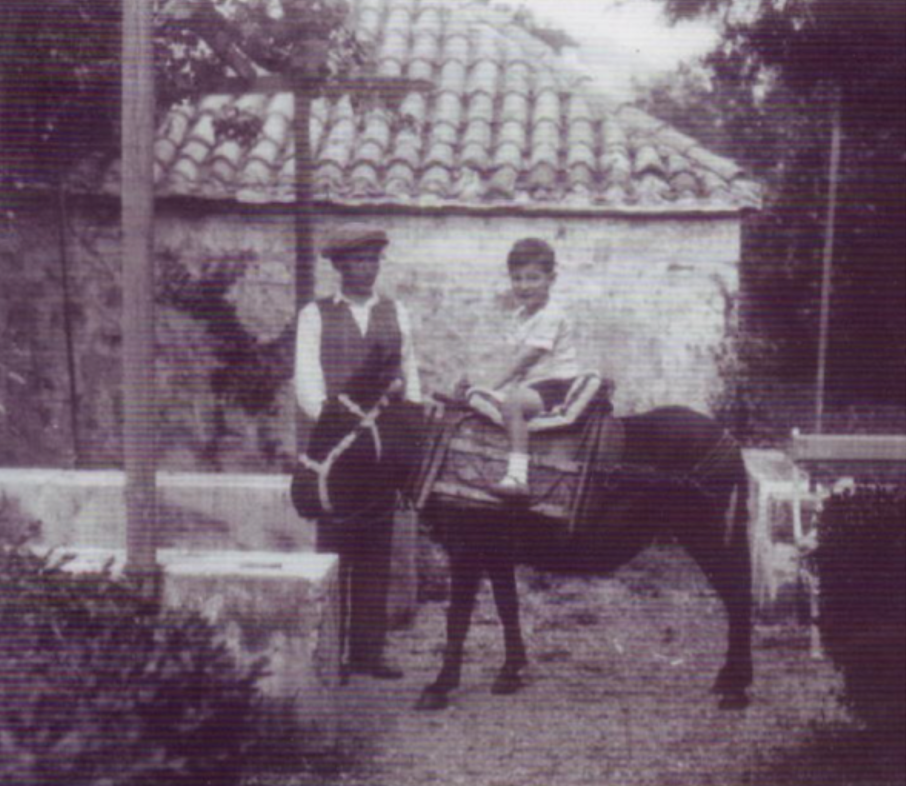
Ivan Illich (1926-2002)
“A child on the streets of New York never touches anything which has not been scientifically developed, engineered, planned, and sold to someone Even the trees are there because the Parks Department decided to put them tere. The jokes the child hears on television have been programmed at a high cost. The refuse with which he plays in the streets of Harlem is made of broken packages planned for somebody else. Even desires and fears are institutionally shaped. Power and violence are organized and manage: the gangs versus the police. Learning itself is defines as the consumption of subject matter, which is the result of researched, planned, and promoted programs. The child of the city cannot expect anything which lies outside the possible development of institutional process. He takes for granted the power of process to create value. Whether the goal is meeting a mate, integrating a neighborhood, or acquiring reading skills, it will be defined in such a way that its achievement can be engineered. If the moon vehicle can be designed, so can the demand to go to the moon. “
Ivan Illich, Deschooling Society, 1971
The School of ISSA is, among other great educators, influenced by the philosopher Ivan Illich (1926-2002), whose father was from the Dalmatian island of Brač. He was born in Vienna, but spent his childhood on the island learning Italian, French and German with his grandfather whose family made a fortune by trading wine and olive oil throughout Europe. When his father died, the family moved to Vienna where as a child he would spend time at Sigmund Freud’s home, while his uncle was a renowned astrologer whose clients was none other than Rudolf Steiner, the Austrian philosopher and social reformer best known for having created the Waldorf School Program.
Unfortunately, this period didn’t last long since his mother’s side of family was of Jewish origin and they were forced to escape Austria. From the very young age Illich was unique, he was an erudite and polyglot, who in the authentic tradition of pilgrim had no home sharing only the hospitality of his friends and traveling from place to place with never more than two bags. In an essay entitled, The Cultivation of Conspiracy, Illich wrote: “Learned and leisurely hospitality is the only antidote to the stance of deadly cleverness that is acquired in the professional pursuit of objectively secured knowledge. I remain certain that the quest for truth cannot thrive outside the nourishment of mutual trust flowering into a commitment to friendship.”
After escaping Nazi occupied Europe, Ivan Illich ended up in Puerto Rico where, at age of 30, he was appointed vice rector of the Catholic University but was thrown out due to his criticism of Vatican. In 1961 he, together with others, founded the Centre for Intercultural Documentation (CIDOC) in the city of Cuernavaca, Mexico. Although its initial purpose was to train missionaries for work in Latin America, it soon became a para-academic centre where Ivan Ilich’s ideas on “deschooled” education were put in practice. During the next decade it was visited by many intellectuals from across the world, including Paolo Freire, Erich Fromm, Susan Sontag, and numerous others. From these discussions held in Cuernavaca, emerged texts and essays foundational to the critical pedagogy movements of the time. It was here where the first drafts for School is Dead (1970) by Everett Reimer were written, along with the compilation of texts that would lead to Paulo Freire’s Pedagogy of the Oppressed (1969), or where John Holt moved by Illich’s discourse determined a new turn in his pedagogical thinking reflected in Freedom and Beyond (1972) – a book that originated the “homeschooling” movement. It was Illich’s School where also one of the first feminist studies centers in Latin America was founded in 1967 by Betsie Hollants.
What the period of Illich’s activities in Mexico show is how educational networks can be created that will heighten the opportunity for learning, sharing and caring. It wasn’t just a simple Centre that he founded in Mexico, it was already a real school of “deschooling” outside of the institutional framework of the educational system. As Illich taught us and we hope to enact with The School of ISSA, “the current search for new educational system. As Illich taught us and we hope to enact with The School of ISSA, “the current search for new educational funnels webs must be reversed into the search for their institutional inverse: educational each one to transform each moment of his living into one of learning, sharing, and which heighten the opportunity for caring. “